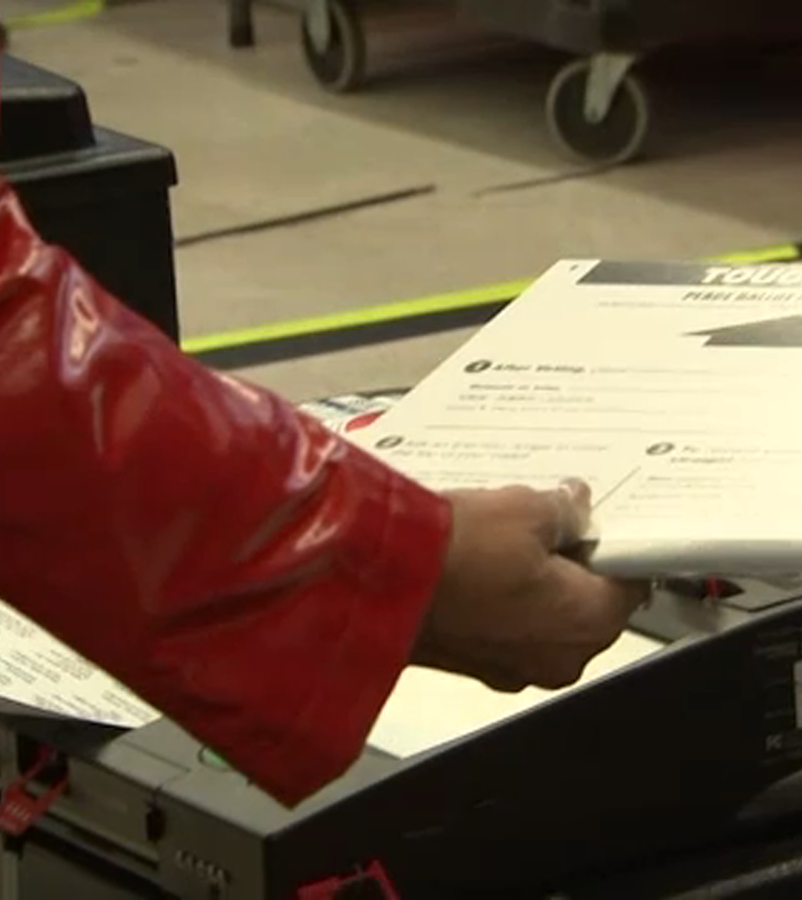President Joe Biden’s decision to commute the sentences of roughly 1,500 individuals and pardon 39 Americans on December 12, 2024, has drawn criticism as an overtly political move cloaked in the guise of justice reform. While touted as the largest single-day clemency act in modern U.S. history, detractors argue it raises more questions than it answers about the administration’s priorities and the fairness of its application.
An Overreach Amidst Political Division
The sheer scale of Biden’s clemency decision has provoked skepticism. Critics point to the commutations targeting individuals released on home confinement during the COVID-19 pandemic—a decision initially driven by a public health crisis rather than a commitment to justice. With nearly 1 in 5 prisoners contracting COVID-19 at the time, some argue this move exploits an emergency measure for political gain.
Biden’s statement, claiming “America was built on the promise of possibility and second chances,” is seen by some as rhetorical posturing, with little evidence that these actions address systemic flaws in the justice system.
Contentious Aspects of the Clemency
Commutations for Pandemic-Era Home Confinement
By applying commutations primarily to those under home confinement, Biden sidesteps the broader issues of mass incarceration. Critics argue this selective clemency favors individuals already benefiting from prior leniency, leaving countless others trapped in the system.
Pardons for Nonviolent Offenders
Among the 39 pardons granted are individuals convicted of crimes such as drug offenses and fraud. While these cases include laudable rehabilitation stories, detractors question the selection criteria, noting that many deserving cases were overlooked in favor of politically palatable narratives.
A Misguided Historical Comparison
Biden’s clemency eclipses Barack Obama’s single-day total of 330 acts of clemency in 2017. However, critics note that Biden’s actions lack the broader structural reforms Obama pursued. For comparison, Donald Trump’s 237 acts of clemency often faced criticism for prioritizing politically advantageous or high-profile cases. Biden’s decisions, while seemingly systemic, have sparked similar accusations of selective justice.
Political Ramifications Overshadowing Clemency
The Hunter Biden Controversy
The pardon of Hunter Biden for tax and gun-related crimes continues to cast a shadow over Biden’s clemency record. Opponents argue that this precedent undermines the credibility of his broader clemency actions, suggesting favoritism and a conflict of interest.
Unfulfilled Promises on Clemency
Advocacy groups criticize Biden for failing to extend clemency to federal death row inmates or address cases like that of environmental lawyer Steven Donziger. His campaign promises to end the federal death penalty remain unfulfilled, raising doubts about his sincerity in tackling systemic issues.
Problematic Narratives Behind the Numbers
While some recipients, such as community leaders and veterans, present compelling stories, others raise eyebrows. For instance, Rita Crundwell, convicted of embezzling nearly $54 million, is seen as an example of clemency misplaced. This fuels accusations that Biden’s decisions prioritize optics over justice.
Uncertain Future for Clemency
Biden’s clemency, coming so late in his term, appears more like a rushed effort to cement his legacy than a genuine commitment to reform. His potential successor, Donald Trump, has already pledged to prioritize pardons for Capitol riot participants, hinting at a future where clemency becomes even more politicized.
Clemency or Calculated Strategy?
Biden’s record-breaking clemency actions, while superficially groundbreaking, reveal deep flaws in their execution. Critics argue that focusing on nonviolent offenders ignores broader issues of inequity, while high-profile omissions cast doubt on the administration’s fairness.
As the nation continues to grapple with mass incarceration and sentencing disparities, Biden’s clemency may ultimately be remembered less as a transformative act of justice and more as a fleeting political maneuver.
Conclusion
Rather than a testament to redemption, Biden’s clemency actions reflect the persistent challenges of a politicized justice system. Whether future administrations will build upon or undo these efforts remains to be seen, but for now, the legacy of this historic act is far from universally celebrated.




